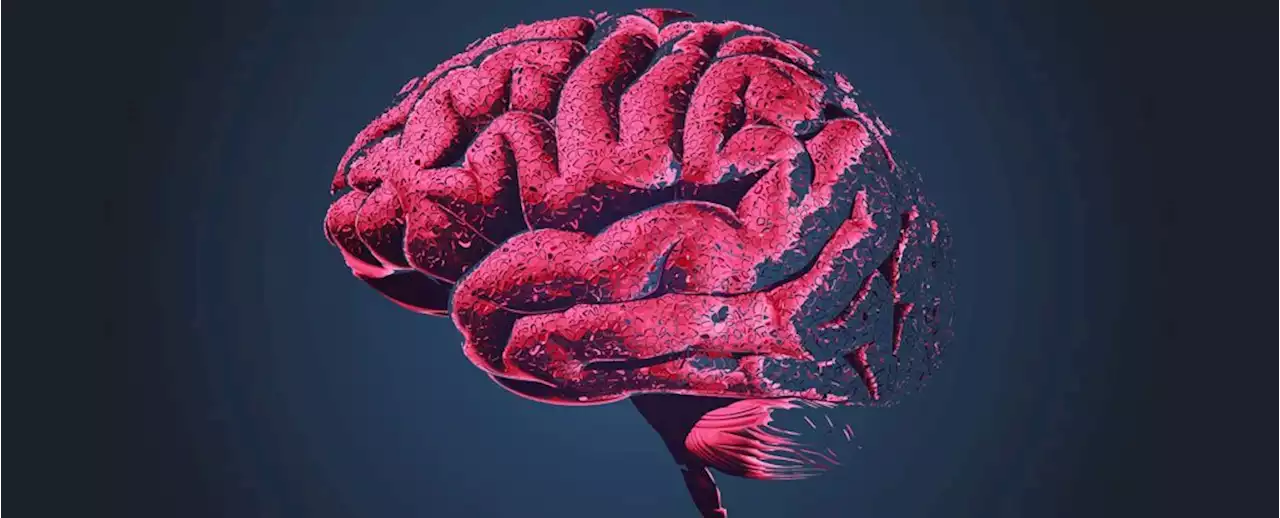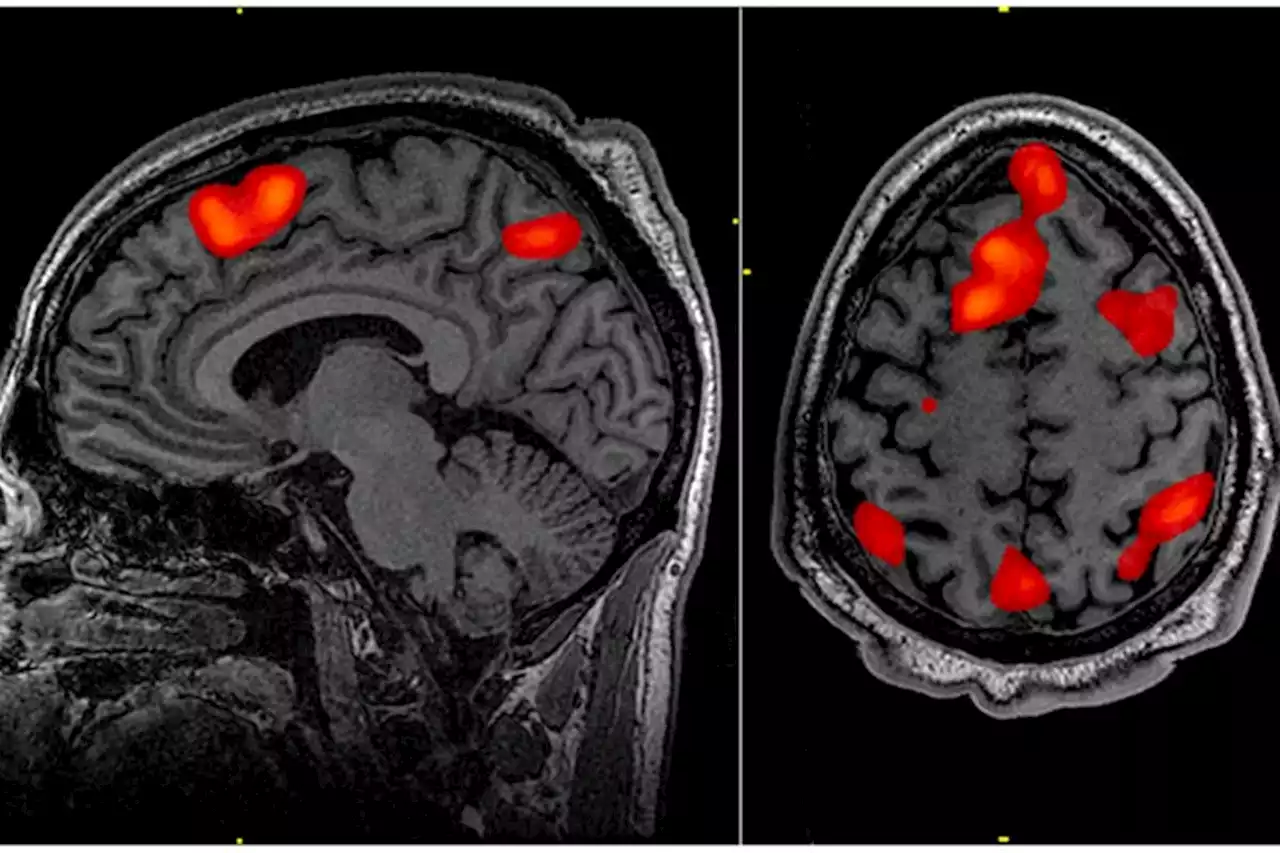The use of MRI scans to study links between brain structure and depression, autism or personality traits may not be reliable unless studies include thousands of participants – and most average just 23.
Signal Photos/Alamy
Brain scanning studies that use magnetic resonance imaging machines are often said to show links between the brain’s structure or patterns of activity and complex traits such as depression, autism and certain aspects of personality. But for years, there have been suspicions that some of theAlmost all such research so far has had too few participants to find reliable results, according to a study byat Washington University in St Louis and his colleagues.
Marek and his team analysed results from three of the largest ongoing neuroimaging studies to date, including the UK Biobank study, which had scanned nearly 36,000 participants at the time. They looked at links between brain structure or functioning and two relatively well-studied traits: cognitive ability and, in children, scores on a checklist for “psychopathology”, a combination of several behavioural measures.
Although Marek’s team only looked at two traits, it is likely that its conclusion that these kinds of brain scanning studies need thousands of participants is true more broadly, saysThere is no reason to think that complex intellectual traits like people’s appetite for risk-taking or their political leanings will necessarily have any manifestation in brain tissues that would be visible on a scan, says Mitchell.
France Dernières Nouvelles, France Actualités
Similar News:Vous pouvez également lire des articles d'actualité similaires à celui-ci que nous avons collectés auprès d'autres sources d'information.
 23 Photos Of Actors Alongside The Famous Women They Played That Prove Makeup Artists Need A RaiseJulia Garner IS Anna Delvey to me.
23 Photos Of Actors Alongside The Famous Women They Played That Prove Makeup Artists Need A RaiseJulia Garner IS Anna Delvey to me.
Lire la suite »
Can brain scans reveal behaviour? Bombshell study says not yetMost studies linking features in brain imaging to traits such as cognitive abilities are too small to be reliable, argues a controversial analysis.
Lire la suite »
 Once in the brain, skin cancer cells produce Alzheimer's protein: studyA protein that builds up in the brains of Alzheimer’s patients could be causing skin cancer cells to spread easier once they reach the brain - via healthing_ca healthing
Once in the brain, skin cancer cells produce Alzheimer's protein: studyA protein that builds up in the brains of Alzheimer’s patients could be causing skin cancer cells to spread easier once they reach the brain - via healthing_ca healthing
Lire la suite »
 Mice Study Reveals a New Method to Unlock The Blood-Brain BarrierThe blood-brain barrier acts as a security border for the brain, playing a vital role in protecting the delicate neurons inside. However, its strict admission policy can be a problem when it comes to dispatching drugs to treat brain diseases.
Mice Study Reveals a New Method to Unlock The Blood-Brain BarrierThe blood-brain barrier acts as a security border for the brain, playing a vital role in protecting the delicate neurons inside. However, its strict admission policy can be a problem when it comes to dispatching drugs to treat brain diseases.
Lire la suite »
